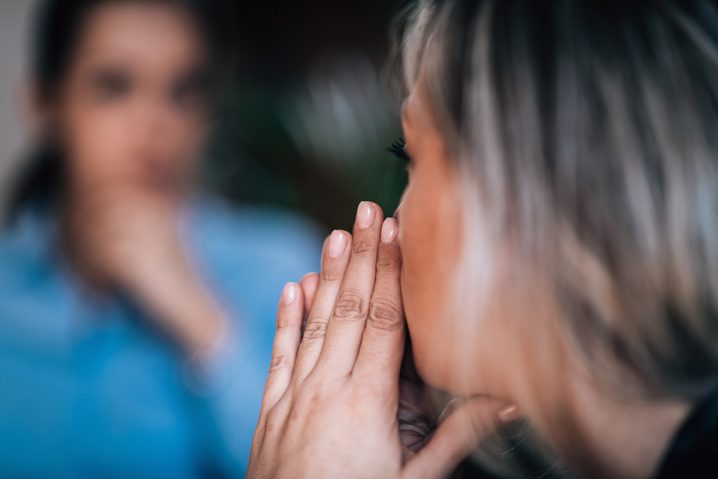Rehab facilities often offer many variations of opioid addiction treatment programs because clients can have problems with many different types of opioids. For example, opioid addiction can also be prescription drug addiction — if the opioid medication is prescribed and the client takes the opioid for a reason other than why it’s been prescribed. Opioids can also be obtained illicitly.
Abusing opioids — even prescription ones — can change how the brain works. Over time, the changes in the brain affect a person’s self-control and ability to make good decisions. Searching for an opioid addiction treatment program in Florida? Contact Lighthouse Recovery Institute today. Call 866.308.2090 or reach out to our team online.
What Are the Commonly Abused Opioids?
The most commonly misused opioids in the U.S. are prescription opioids, which makes prescription drug abuse a factor in the current opioid epidemic the country is struggling with.
When someone starts taking prescription opioids, it can eventually lead to opioid abuse. This is because any use of an opioid can lead to a dependency on the drug, followed by building a tolerance to it. Tolerance may lead to a person wanting a higher dose. At this point, many will turn to illicit means of obtaining more prescription opioids or look for ways to purchase illicit opioids.
Some of the most commonly abused opioids include the following:
- Hydrocodone: This drug comes as a pain pill and is typically known by the brand name Vicodin. It is acetaminophen combined with an opioid.
- Oxycodone: This drug comes in a liquid, tablet, or capsule and is typically known by the brand name OxyContin. It may be available to treat moderate to severe pain.
- Morphine: Morphine is usually used for moderate or severe pain when other medications don’t work. This is the basis for the illicit opioid, heroin.
- Codeine: Physicians may prescribe codeine for many purposes, including reducing the cough response. It may be found in some cough medications and can also treat mild to moderate pain levels.
- Fentanyl: Physicians rarely prescribe fentanyl unless a patient is in extreme pain. It can be up to 100 times stronger than morphine, so medical professionals are usually cautious about prescribing it.
Among illicit drugs, fentanyl and heroin are the most common. The two often come together when people use them illicitly, which can increase the risk of overdose.
What Are the Signs of Opioid Abuse?
Any of the commonly abused opioids can play a part in someone developing an addiction. Opioid abuse is characterized by withdrawal symptoms such as cravings and sweating — when the body doesn’t have any opioids in its system, that is. Other signs of opioid abuse include the following:
- Changes in exercise habits
- Changes in sleep pattern
- Decreased attention to personal hygiene
- Decreased libido
- Drowsiness
- Frequent flu-like symptoms
- Isolation from family or friends
- Uncontrollable opioid cravings
- Weight loss
A doctor may diagnose opioid use disorder. If you are worried about yourself or someone you care about, it’s best to look for observable signs of addiction before bringing up going to a rehab center or talking with a primary care physician. However, someone struggling with opioid use disorder may not display symptoms right away. In cases like this, it’s important to look at a person’s overall daily functioning — you may find hidden drug paraphernalia in their things or notice that some responsibilities have been neglected for a while.
When Should You Consider a Prescription Drug Abuse Treatment Program?
In general, professional help is recommended for overcoming opioid addiction. Treatment for opioid addiction may include medication-assisted treatment (MAT), which may mean that a client could be prescribed FDA-approved drugs that can help them overcome withdrawal symptoms like pain and near-irresistible cravings.
Experts believe that MAT, combined with cognitive-behavioral therapy (CBT), is the best type of addiction treatment for most clients who have problems with opioids.
Ready To Learn More About Lighthouse Recovery Institute’s Opioid Addiction Treatment Program?
If you’re looking for an opioid addiction treatment program in Florida, contact Lighthouse Recovery Institute today. Reach out to our team online or call 866.308.2090.





